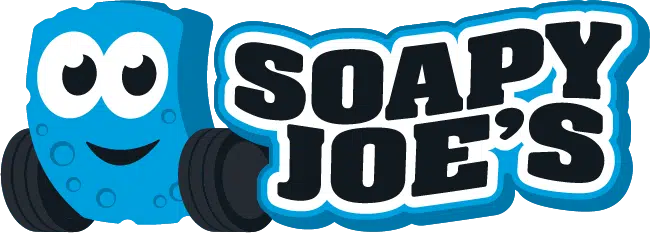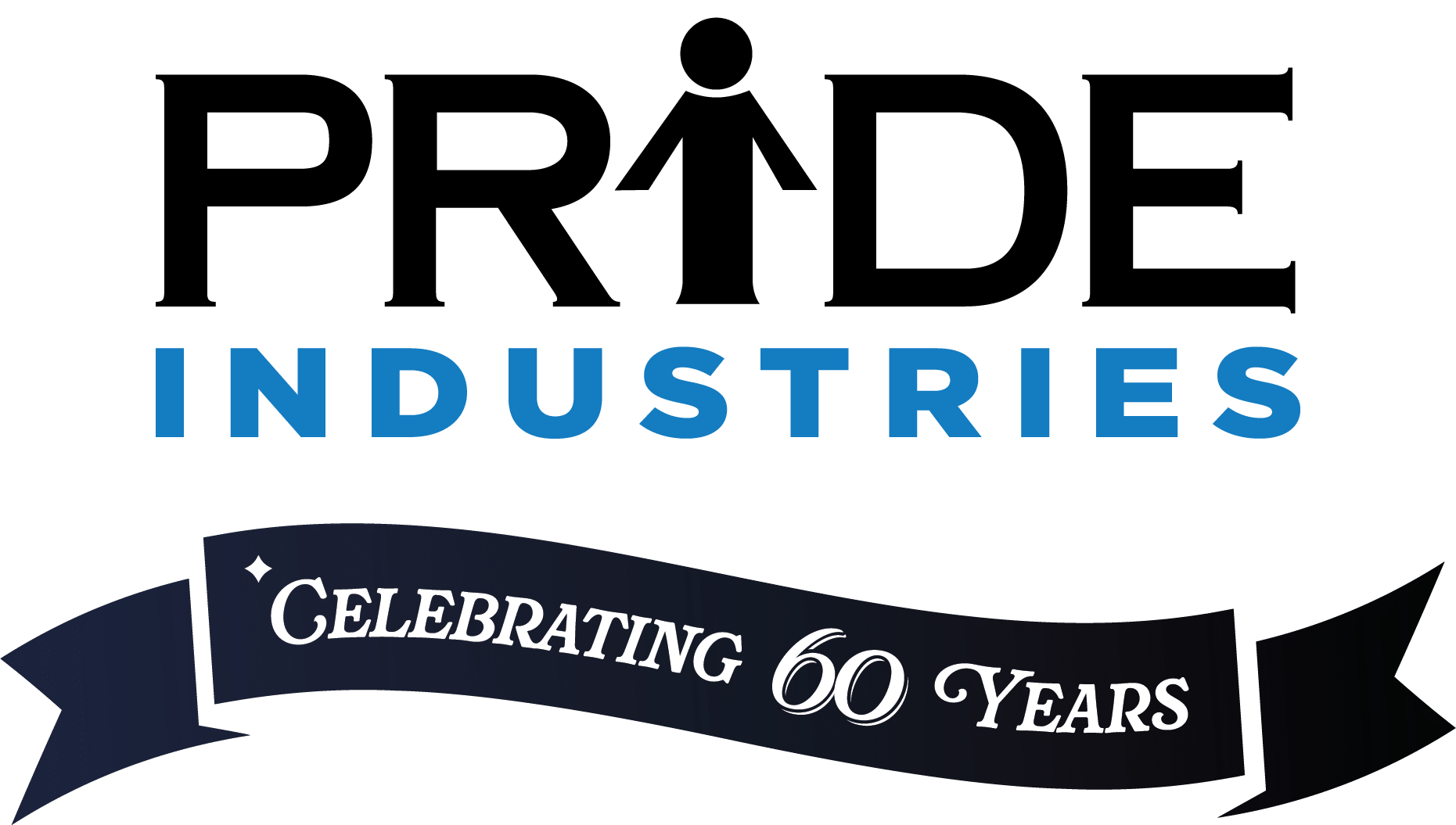People with Disabilities
Employees with Disabilities Improve Car Wash Employee Retention, Performance
Soapy Joe’s Car Wash is a family-owned and operated business with dozens of locations in San Diego County. Featuring eco-friendly technology and quality service at a great value, they were voted “Best Car Wash in San Diego” in 2022. The company partners with PRIDE Industries, the nation’s leading employer of people with disabilities, to improve car wash employee retention.
The Challenge: Car Wash Employee Retention
Car wash employee turnover is a constant challenge throughout the industry, and Soapy Joe’s was no exception. Nationwide 46 percent of car wash employees leave within a year, and the Houston Chronicle pegs the cost of replacing an employee at $5,000 to $9,000. When the pandemic, the great resignation, and racing inflation exacerbated these issues, Soapy Joe’s knew they needed a new approach.
Solution: Dedicated Car Wash Employees with Disabilities
Soapy Joe’s partnered with PRIDE Industries, the nation’s leading employer of people with disabilities, to create a car wash employee pipeline from this under-utilized population. Soapy Joe’s Human Resources Director, Julie Smith, had previously worked with employees with disabilities and was familiar with the benefits of hiring adults with different abilities—including proven business benefits. A review of data published by the National Institute of Health found that hiring people with disabilities improves profitability due to lower employee turnover and long-term retention, reliability, punctuality, productivity, and customer loyalty and satisfaction.
PRIDE Industries provides additional support in the form of job coaches that make sure employees have everything they need to succeed. Job coaches also serve as a communication link between the employer and employees to prevent gaps in understanding and foster productivity. One of the PRIDE Industries coaches at Soapy Joe’s, Ysabel, attests to how much the company values and supports its employees. “If employees need help, they tell me,” Ysabel said. “If they need to talk to a manager, they tell me.”
Results: Top Performing Employees and 94 Percent Retention
Soapy Joe’s now has employees with disabilities at 15 of its locations, with a high retention rate. “We’re at 94 percent retention with our PRIDE Industries employees,” said Julie Smith, Director of Human Resources. “Our site managers are fighting for the next new employees.”
According to Operations Manager Mauricio Cardenas, PRIDE Industries employees are “just plain great to work with.” Not only do they show up consistently and on time, but they also perform well. At one Soapy Joe’s location, an employee with a disability is their top salesperson and has inspired a healthy sense of competition within the team. “He really engaged and motivated the whole team,” said Cardenas, who went on to note that “PRIDE Industries has definitely changed the whole Soapy Joe’s universe.”
Just Plain Great Teammates
Services Provided
- Employee placement
- Job coaching
- Employer support
Results
- Dozens of high performing employees
- 94 percent car wash employee retention

“We're at 94 percent retention with our PRIDE Industries employees. Our site managers are fighting for the next new employees.”
— Julie Smith, Director of Human Resources, Soapy Joe’s
Transportation magazine shares how InterMotive Vehicle Controls is expanding its partnership with PRIDE Industries to build products that enhance transit for people with disabilities.
PRIDE Industries VP of Workforce Inclusion shares how employers facing labor shortages find a brilliant talent pool in people with disabilities.
AndNowUKnow showcases work with grocers like Raley’s that find exceptional employees in the disability community.
The leading magazine in the packaging and fulfillment industry writes about how companies like Achusnet Golf (think Titleist and FootJoy brands) and Veritiv find skilled, high-retention labor force with employees with disabilities.
- « Go to Previous Page
- Page 1
- Interim pages omitted …
- Page 5
- Page 6
- Page 7
- Page 8
- Page 9
- Interim pages omitted …
- Page 32
- Go to Next Page »
